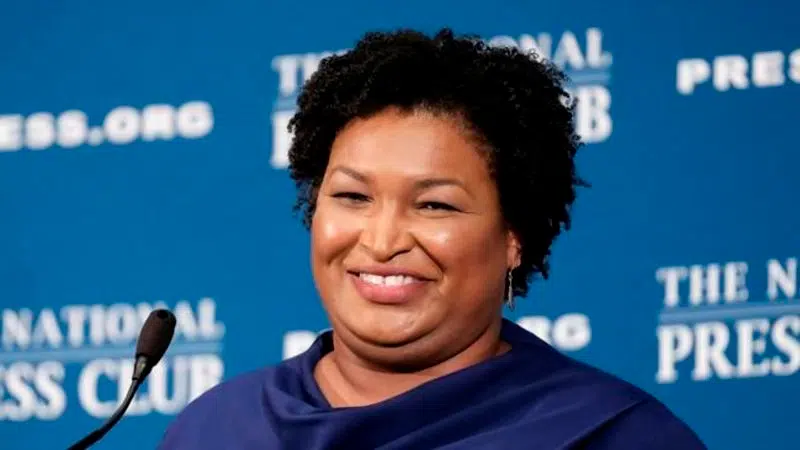
Federal judge won’t undo Georgia voter purge
ATLANTA — Georgia doesn’t have to put almost 100,000 voters back on its rolls, a federal judge ruled Friday.
U.S. District Judge Steve C. Jones ruled that a voting rights advocacy group founded by Democrat Stacey Abrams is improperly asking him to interpret state law. Jones also said the group hasn’t proved that people who have been removed had their constitutional rights violated.
However, Jones also ordered Georgia Secretary of State Brad Raffensperger to do more to warn people that they had been removed. The judge is especially singling out a southwest Georgia state House district where a Jan. 28 special election is scheduled. Voters there who have been removed have only until Monday to re-register.
Raffensperger in October released a list of over 313,000 voters whose registrations were at risk of being cancelled. Fair Fight Action, a voting rights group, had asked for the purge to be halted.
